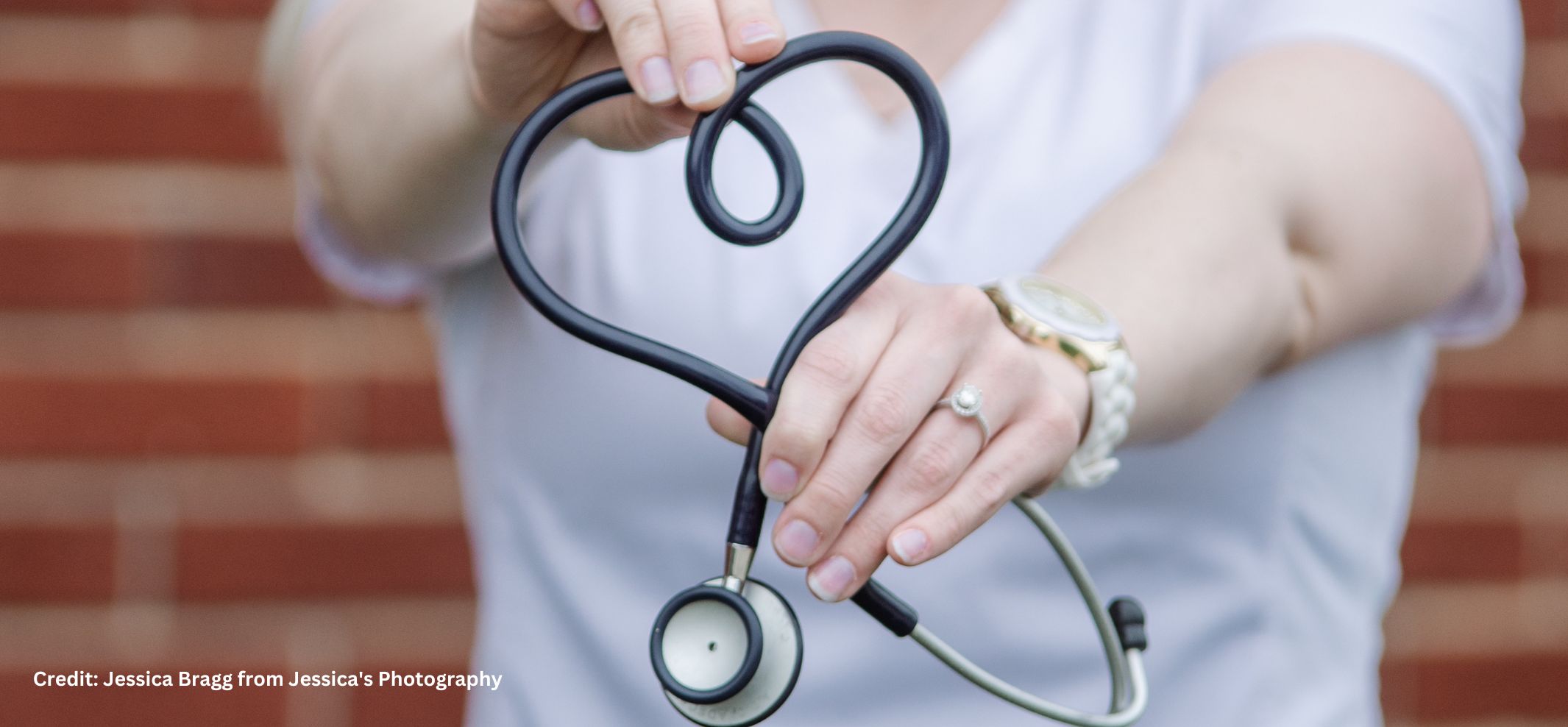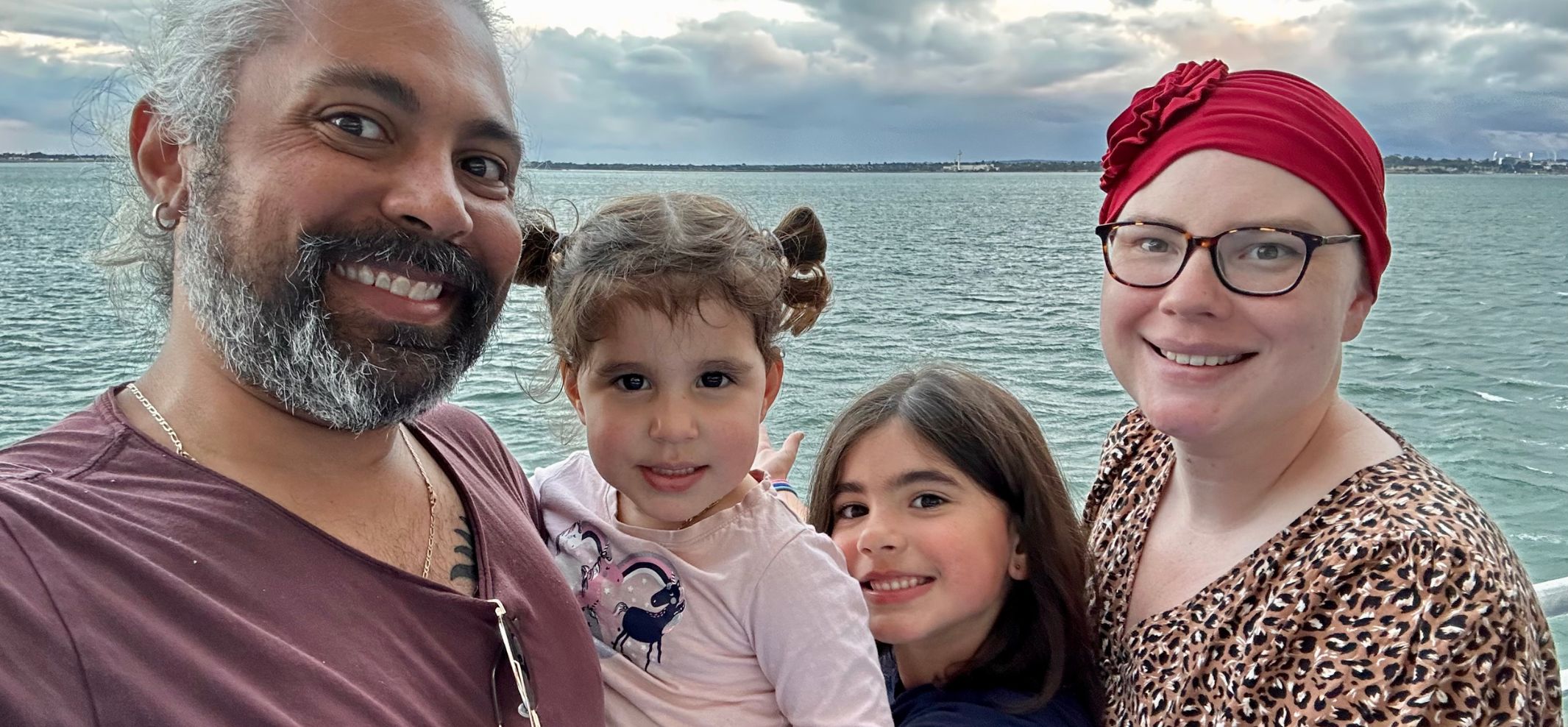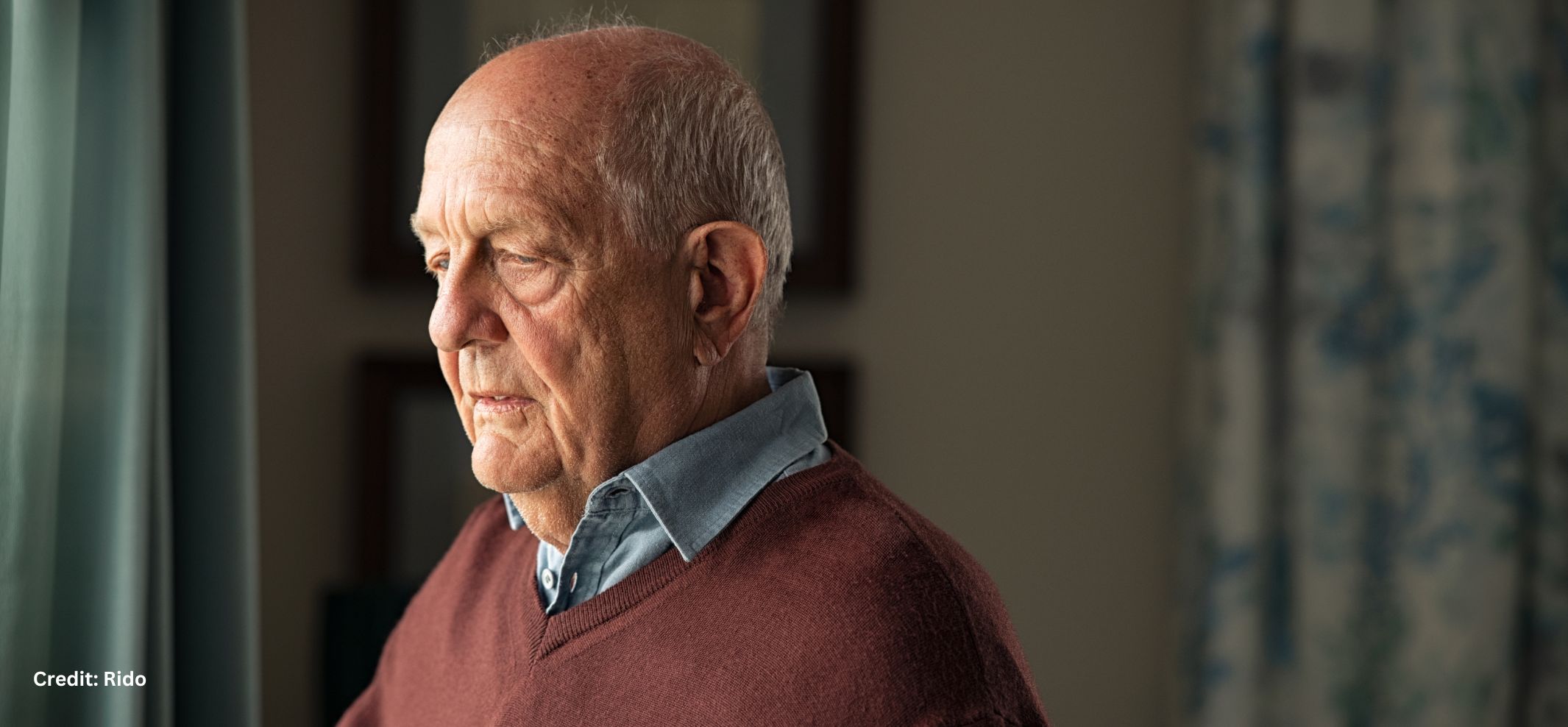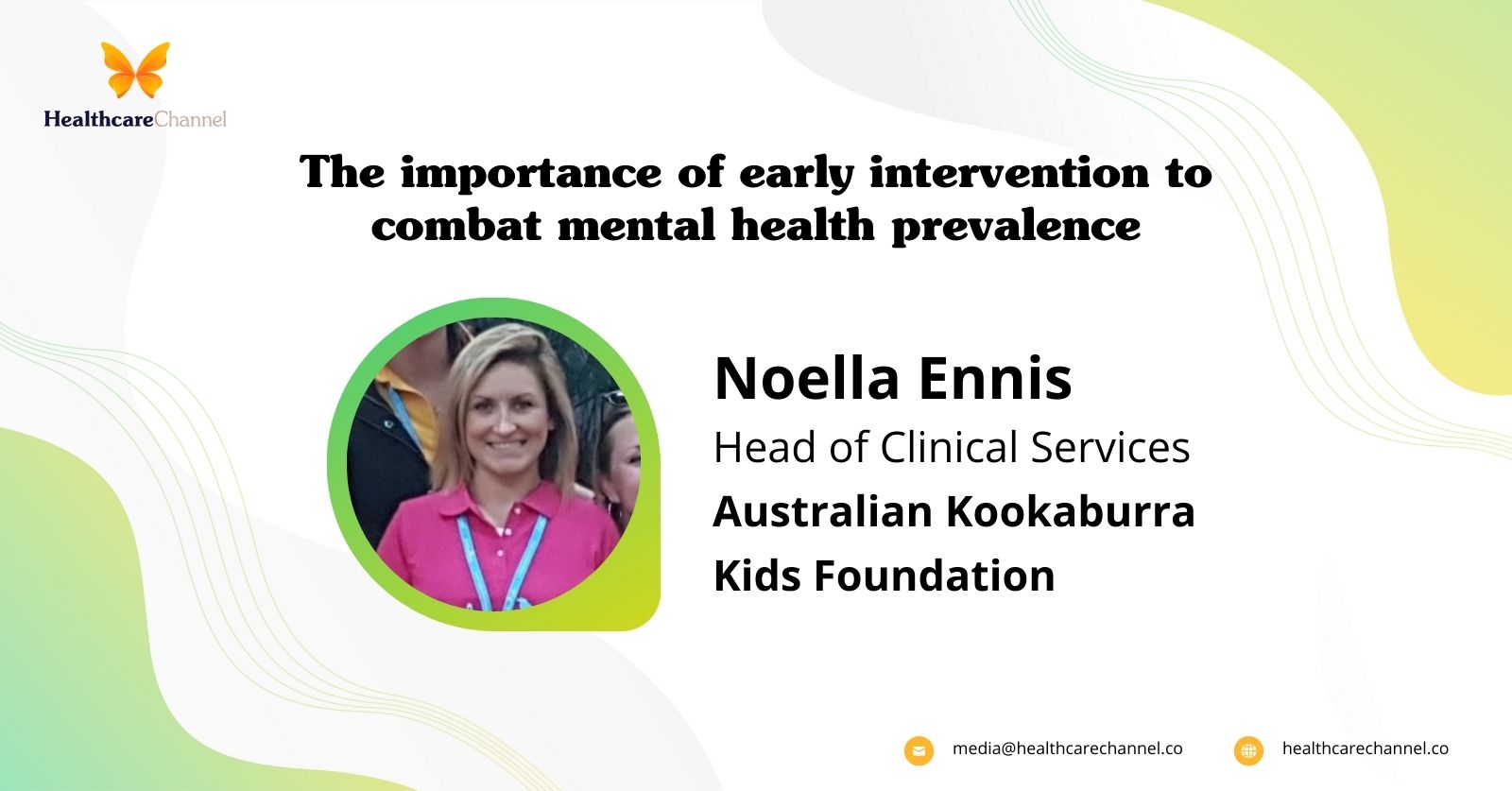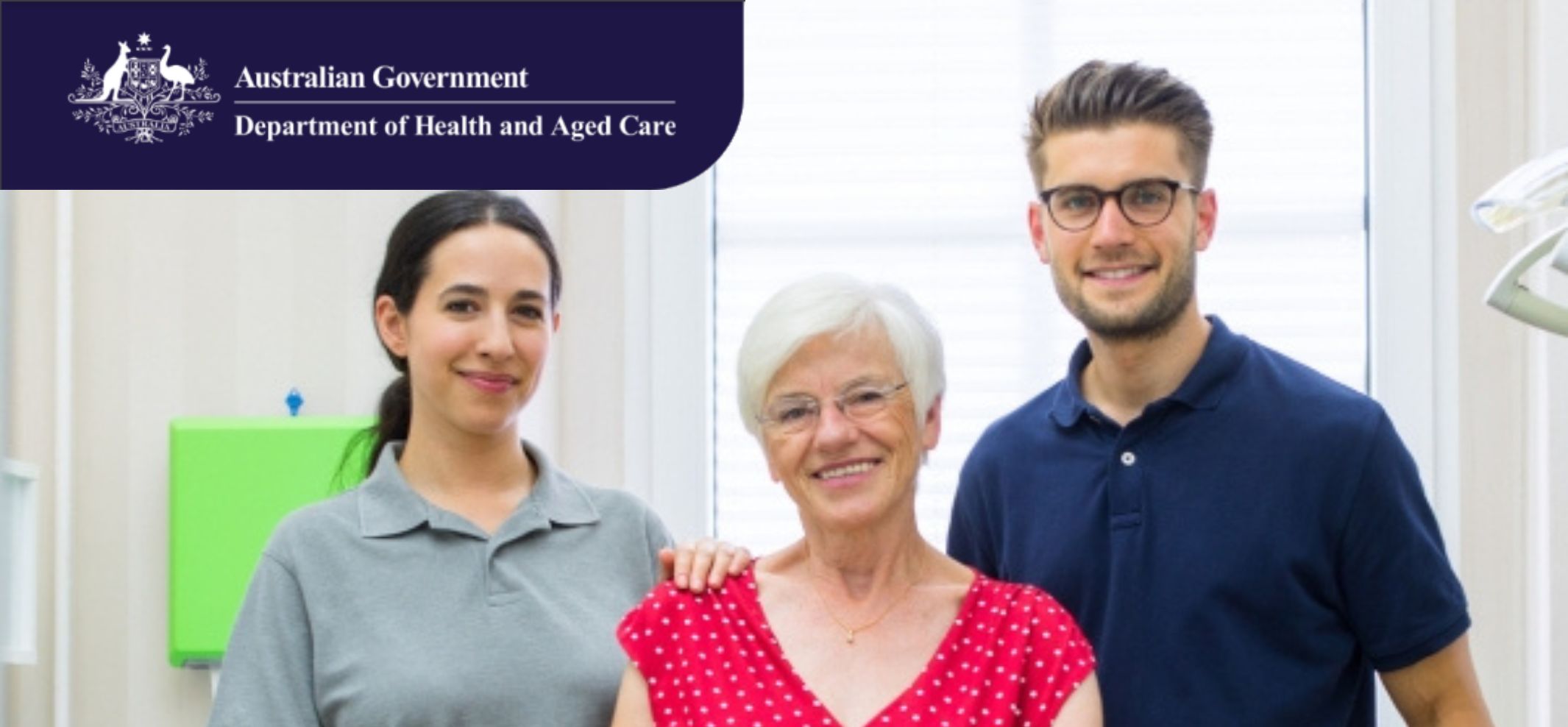As syphilis cases continue to surge in Western Australia, contact tracers say they are overwhelmed, with remote areas with high Indigenous populations of particular concern.
Increased notifications associated with the outbreak of the sexually transmitted infection (STI) were first reported in the Kimberley region in 2014 and have spread throughout WA.
Health experts say while attention remains on COVID-19, syphilis rates are climbing without enough public awareness, especially among Indigenous populations where social stigma discourages people from getting tested.
In the Kimberley, contact tracers are struggling to reach long lists of people who may have caught the STI. The infection can cause serious life-long health complications,
The contact tracers’ task is further complicated by a region with a high transient population.
Ord Valley Aboriginal Health Service sexual health nurse Rosie Jack is based in Kununurra and said syphilis rates were climbing in the Kimberley, with almost 500 cases detected since 2014.
“Unfortunately, with other diseases getting a bit more of a voice — for example COVID — it means syphilis has taken a back seat even though it is a serious condition.”
Ms Jack said a huge part of her work was encouraging people to get tested without symptoms because syphilis was so difficult to detect.
“It’s called the great pretender, because it mimics a lot of other diseases. So, it’s really important you still get tested even if you don’t notice anything.”
She said the STI can cause serious life-long complications.
“What I’m really concerned about with syphilis is women contracting it during pregnancy because it does get passed onto the baby,” the sexual health nurse said. “You can also have long-term damage to your internal organs. You can have brain problems mimicking dementia-like symptoms if syphilis is not treated.”
Miriwoong Gajerrong girl Anne Clarke, 16, is a health programs trainee at OVAHS and has been helping Ms Jack spread the message in her cultural community.
She encouraged people to come to OVAHS and get tested if they wanted more privacy.
“I reckon they should come to the hospital rather than (health workers) coming to you because it will make it more awkward,” Anne said. “If you come to OVAHS, they’re (family) not going to know because OVAHS will keep it a secret.”
Goldfields public health physician Charles Douglas said rates have increased by 48% in WA’s Indigenous population this year.
He said good public education programs were the best prevention.
“Making people aware of syphilis, how easy it is to treat. And of course, to prevent syphilis, we need people to be practicing safe sex,” he said.
Australian Health Council of Western Australia sexual health and blood-borne virus officer Veronica Walshe said while government-funded education programs and rapid on-the-spot testing had shown success, the STI continued to spread.
“[We] need more resources. We’re now also seeing a surge in the metro area. It’s not just Indigenous people; it’s across the board,” she said.
Original content from ABC News. Note: Content has been edited for style and length.
Nina Alvarez is a Content Producer for Healthcare Channel. Her interests include writing, particularly about the healthcare sector and the many ways it can improve to further benefit people from all walks of life.
